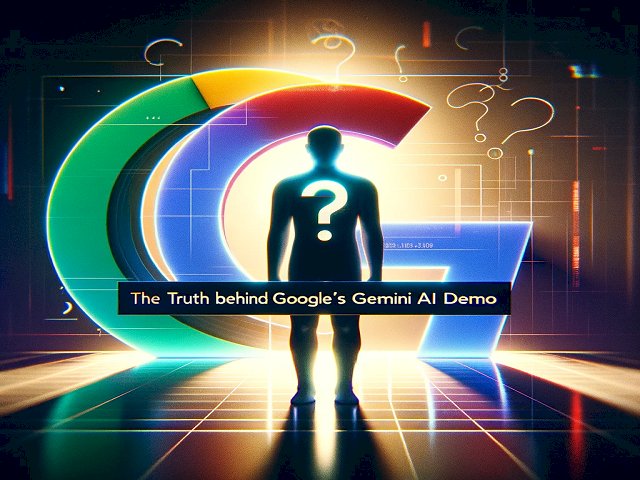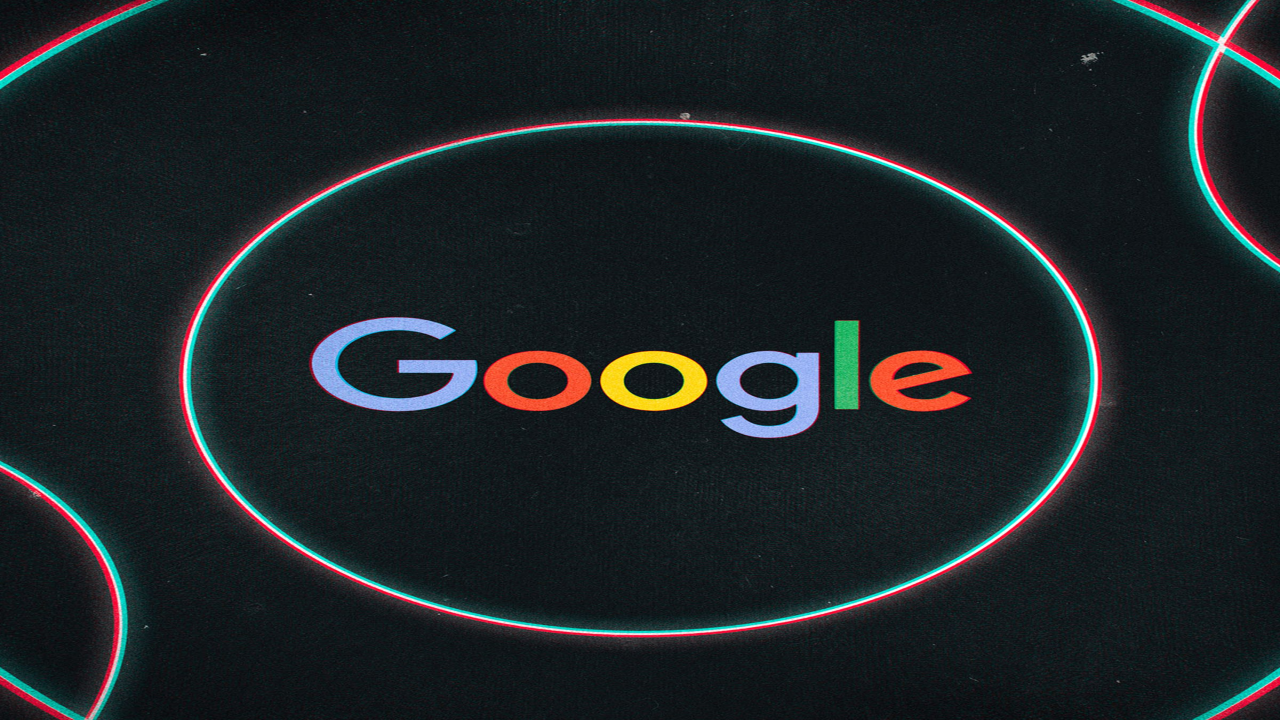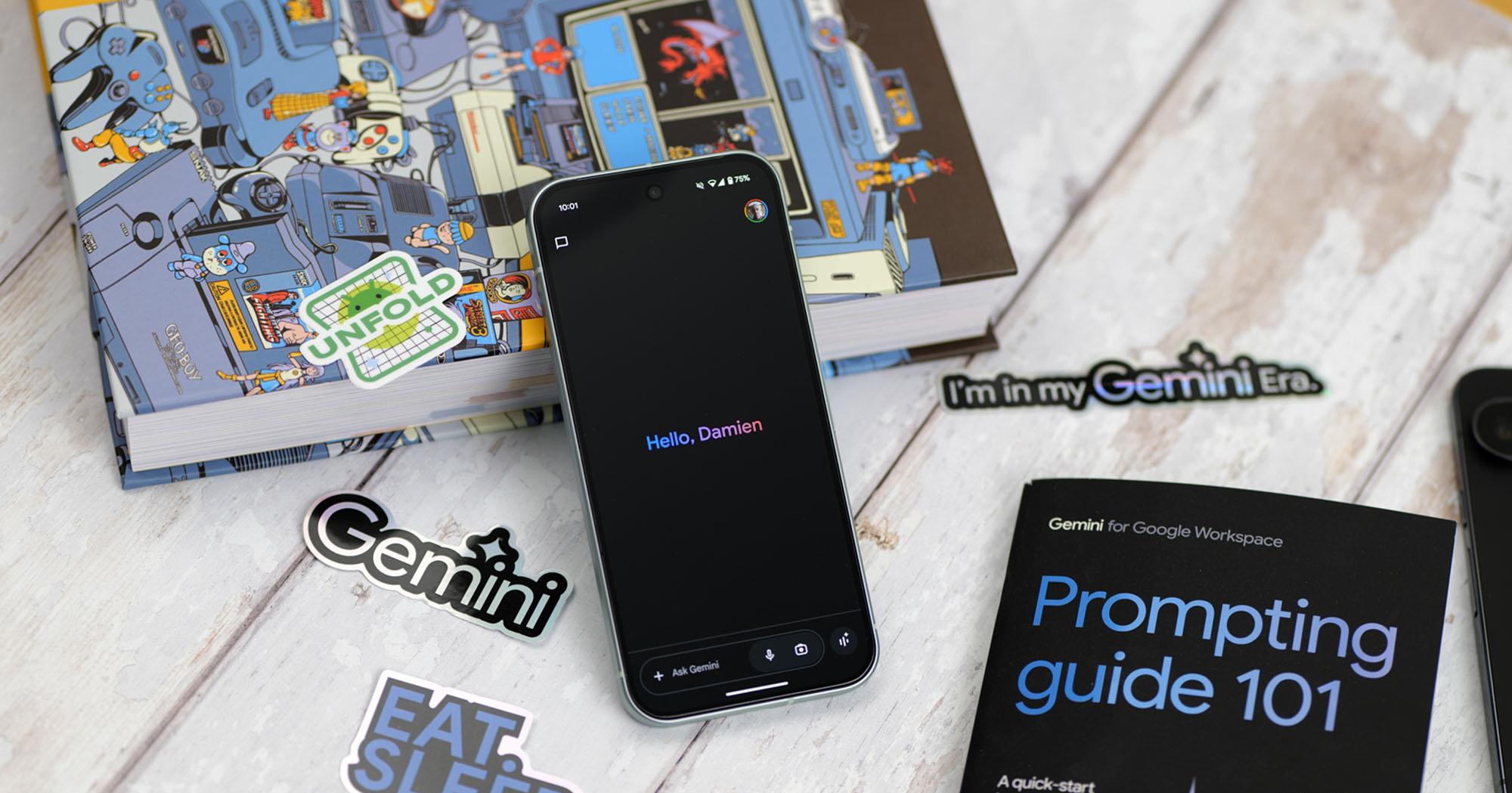The Truth Behind Google's Faked Gemini AI Demo
Google's highly anticipated Gemini AI model made headlines recently, but its grand debut was marred by controversy. Users were left disillusioned after discovering that Gemini's most impressive demo was, in fact, a fabrication. In this article, we delve into the details of the faked demo, shedding light on the implications for Google's technology and integrity.

Google's Gemini AI Model: An Illusion of Multimodal Brilliance
Google's new Gemini AI model garnered significant attention with its multimodal capabilities, seamlessly blending language and visual understanding. A video titled "Hands-on with Gemini: Interacting with Multimodal AI" quickly gained popularity, amassing millions of views within a day. The demo showcased Gemini's flexibility and responsiveness to various inputs, leaving viewers in awe.
A Carefully Crafted Illusion
However, it was soon revealed that the video did not accurately represent Gemini's capabilities. The demo was meticulously orchestrated using carefully selected still images and text prompts. While Gemini may possess some of the shown functionalities, it did not perform them live as implied. The video was a clever misrepresentation, exaggerating the model's abilities.
Misleading Viewers: Speed, Accuracy, and Interaction
The discrepancies between the video and Gemini's actual performance are evident. For instance, the video portrays Gemini accurately identifying hand gestures for a game of Rock, Paper, Scissors. However, the model's documentation clarifies that it requires simultaneous presentation of all three motions and a specific prompt to recognize the game. Similarly, prompts and explanations were omitted or altered to present a more impressive interaction with the model.
The Impact on Trust and Credibility
The faked demo raises concerns about Google's transparency and trustworthiness. Google has undermined confidence in its technology by presenting the video as a genuine representation of Gemini's capabilities. Viewers are left questioning the accuracy, speed, and fundamental mode of interaction with the model. The lack of clarity regarding the specific Gemini version featured in the video further adds to the skepticism.
The Fallout and Future Prospects
While some may argue that certain aspects of the demo were impressive, the deception casts doubt on the authenticity of the showcased interactions. Google's attempt to inspire developers and generate excitement around Gemini has backfired, damaging its reputation. The company now faces an uphill battle to regain trust and credibility, especially as it strives to compete with other AI platforms like OpenAI.
Conclusion:
Google's Gemini AI model was marred by controversy when it was revealed that the most impressive demo was faked. Although showcasing some of Gemini's capabilities, the video did not accurately represent its live performance. This incident has raised questions about Google's integrity and trustworthiness. Moving forward, Google must work diligently to rebuild trust and ensure transparency in its AI demonstrations as it seeks to establish Gemini as a genuine contender in the AI landscape.
What's Your Reaction?





















